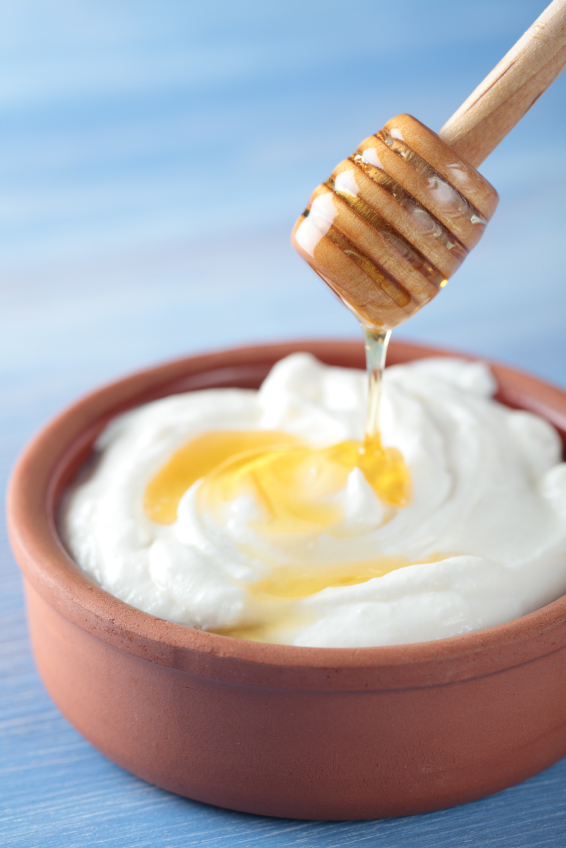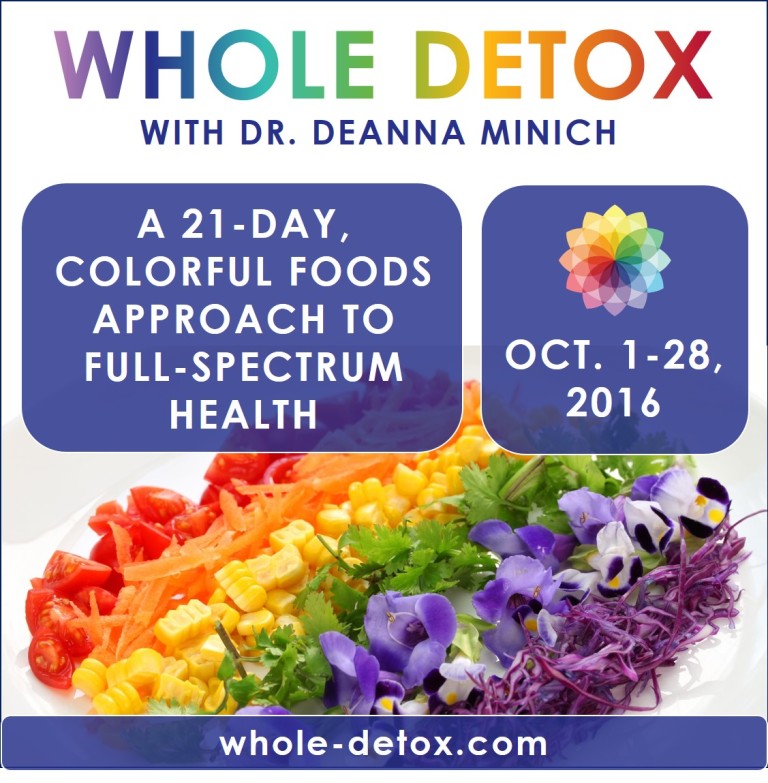Natural Remedies for Your Menopause Symptoms
Nature's Best Cold Medicine
What is the best cold medicine? Look to nature for relief during cold and flu season. The best defense is keeping your immune system strong.
Here are 7 foods to help you build up your immunity to prevent and fight colds and flu.
1. Garlic

There is an old saying that garlic is as good as ten mothers because of its incredible healing properties. How does it heal? Freshly crushed garlic contains allicin, a biologically active compound that can zap viruses by blocking the enzymes that lead to infection.
2. Onions
In addition to their pungent flavor, onions are known to have antibiotic properties and serve as anti-inflammatory agents. In particular, onions contain quercetin, a flavonoid which battles the effects of stress that leave us vulnerable to the flu. Quercetin is also believed to aid in disease prevention thanks to its anti-inflammatory properties. In addition to onions, you can find it in apples, broccoli, and tomatoes.
3. Mushrooms
The Chinese have used mushrooms as medicine for thousands of years and scientific studies have confirmed the effectiveness of mushrooms in boosting the immune system. The lowly button mushroom, as well as crimini and portobello, contain as much anti-oxidant power as their Asian counterparts that have been prized for centuries for their disease prevention and healing properties. In particular, buttons contain polysaccharides and ergothioneine among other compounds that activate the immune system and act as free radical scavengers.
Nature's Best Cold Medicine Is Food
4. Hot Peppers
The active ingredient in hot peppers is capsaicin which stimulates secretions that help clear mucus from congestion in the nose or lungs. But spicy peppers don't just help clear out your sinuses, they're also a great source of vitamin C, which has anti-viral properties and stimulates antibody production.
Not a chili-head? Nature has another best cold medicine. Sweet red bell peppers are also packed with vitamin C, as are guava, kiwi, oranges, green bell peppers, strawberries, Brussels sprouts, cantaloupe, and papaya. In addition, red peppers are high in vitamin A which boosts immunity by keeping mucous membranes in the nose, lungs, intestines and urinary tract free from infection.
4. Green Tea
Green tea has a strong anti-viral effect against influenza. While all kinds of tea are made from the same leaves, white and green teas contain higher levels of catechins—the flavonoids thought to be responsible for tea's anti-viral properties—than oolong and black teas. Sip it often with raw honey for an added antibacterial and anti-viral boost.
6. Yogurt

In two separate studies, healthy individuals were divided into two groups. One group ate 90 grams of yogurt a day and the other drank 100 ml of milk for eight or 12 weeks. The risk of catching the common cold was about 2.6 times lower in the yogurt group than in the milk group. In addition, the yogurt group boosted their natural killer cell activity significantly more than the milk group.
Why is yogurt listed as a best cold medicine? It contains probiotics which have also been shown to reduce fever and cough, as well as fewer and less severe colds. Other sources of probiotics include raw sauerkraut, kimchi, kefir, kvass, kombucha, apple cider vinegar, miso, and other traditionally fermented foods.
7. Elderberry
A 2004 study found elderberry was a safe and effective treatment for both influenza A and B strains. It improved recovery time by about four days. Black elderberry extract is also known as Sambucol. A Norwegian study showed flu sufferers who took 15 ml of elderberry extract four times a day for five days recovered four days sooner and required less "rescue medication" than placebo. Sambucol also activates your immune system by increasing cytokine production.





